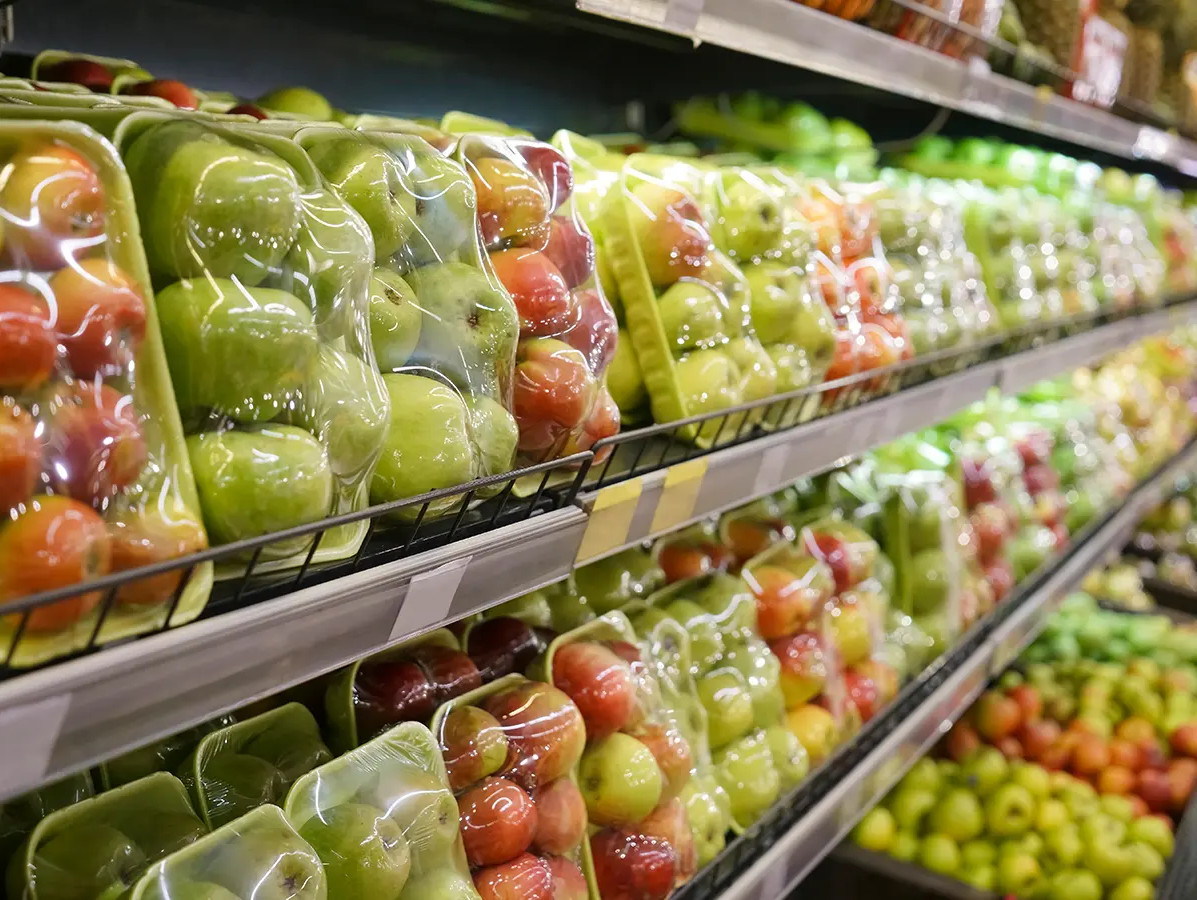
Concerns about plasticizers like phthalates in plastic packaging are rising globally. Environmental organizations are warning about the health risks and have filed lawsuits against the US FDA for failing to enforce stricter regulations.
Phthalates are under increased scrutiny due to potential health risks. One major concern is that plastic packaging can absorb flavors, colors, and odors, which may lead to harmful chemicals leaching into food and beverages. The European Union has already banned or restricted certain phthalates in packaging that comes into contact with food. The United Kingdom and Canada have followed suit. Chris Rowland, Packaging Consultant at GlobalData, highlights the need for businesses to prepare: “FMCG companies can invest in alternatives such as paper or plant-based materials. While this shift may involve higher short-term costs, ignoring this trend could result in a long-term competitive disadvantage.”
According to research by GlobalData, 47% of consumers are concerned about their physical health. More than half also worry about their consumption of processed foods, especially in categories like meat, ready-made meals, and food for children. Health-conscious consumers are therefore more open to alternatives to plastic packaging. Rowland adds: “Phthalate-free packaging and clear communication about it can help convince consumers more easily.”
Although the term “phthalate-free” is mostly associated with personal care products like cosmetics and skincare, sustainable alternatives are increasingly making their way into the food sector. In the UK, for example, Pheasants Hill Farm sells meat products in plastic-free, plant-based packaging that is biodegradable and compostable. Other innovative materials, such as mycelium—the root network of mushrooms—and seaweed, also offer eco-friendly options that fully decompose without leaving harmful residues.
Source: GlobalData